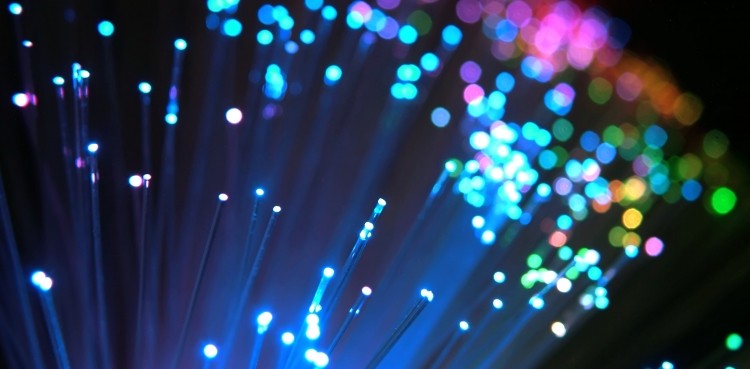Major internet companies aren't just running their websites and servers these days, but buying up significant amounts of internet infrastructure around the globe. The Wall Street Journal reports that companies such as Facebook, Google, Microsoft and Amazon have been investing in the fiber optic cables that are used for the internet, much to the displeasure of traditional telecom companies.
Google now owns over 100,000 miles of private fiber cable routes across the world, which is more than twice the amount of cable that United States telecom company Sprint owns, for example. Facebook has also been growing their internet infrastructure collection, having recently finished installing a massive network across Europe that connects to their Arctic Circle data center in Sweden, and a 6,000 mile cross-Pacific cable.
Microsoft and Amazon have also reportedly been investing a lot of money into internet infrastructure for their cloud services. By owning a range of major fiber routes, the tech companies can dictate the costs of bandwidth (thus reducing operational costs), and improve the performance and reliability of their services.
Dan Caruso, chief executive at Zayo Group - a company which sells fiber lines to companies including Google - said that the move by tech giants to own internet infrastructure is "really about controlling their own destiny".
What does this all mean for end users like you and I? Currently, with tech companies investing in infrastructure, we could see more available bandwidth at a lower cost. It's harder to see into the future though, as an internet controlled by Facebook, Google and others could be very different to what we're used to today.
